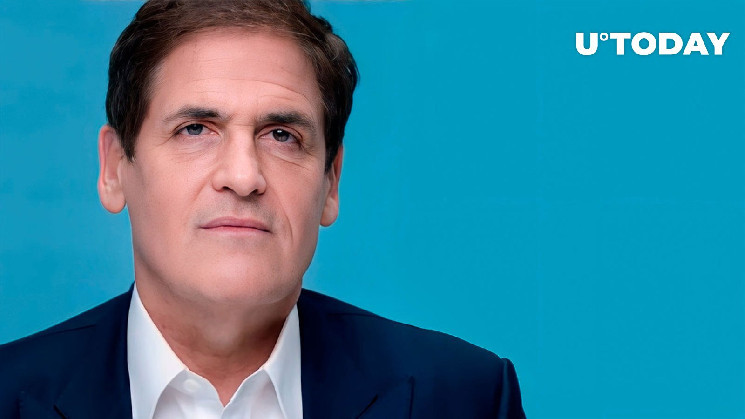Tech billionaire Mark Cuban has expressed interest in the potential of blockchain technology for revolutionizing real estate development.
This follows a city-building proposal by serial entrepreneur Jason Calacanis that sparked a discussion about integrating cutting-edge technology into large-scale urban development projects.
Blockchain for urban development
Calacanis suggested constructing ten new cities in the U.S., each with a million housing units. They would be aimed at redefining urban living with a focus on sustainability and affordability.
Cuban took the conversation a step further. He proposed leveraging blockchain technology, particularly focusing on its potential to automate and secure real estate transactions and project management.
The billionaire's proposal involves the creation of a smart contract on a zero-knowledge layer-2 blockchain platform. This contract would automatically check for the issuance of construction permits.
Upon verification, it would create and send an $NFT that releases $250,000 in USDC, a popular stablecoin, when an oracle verifies that a housing unit is complete.
The smart contract would continuously monitor for new construction permits and generate a new $NFT for each additional housing unit built.
Additionally, Cuban suggests using a multi-signature wallet to ensure security and mutual protection for both parties involved in the transaction.
Some skepticism
Some users questioned the necessity of using a ZK rollup, a sophisticated blockchain solution, for this purpose.
Cuban responded by stressing the simplicity and security benefits of using a multi-signature wallet for handling project funds.
Calacanis, however, suggested opting for a more traditional trust-based method for funds transfer.
 u.today
u.today
